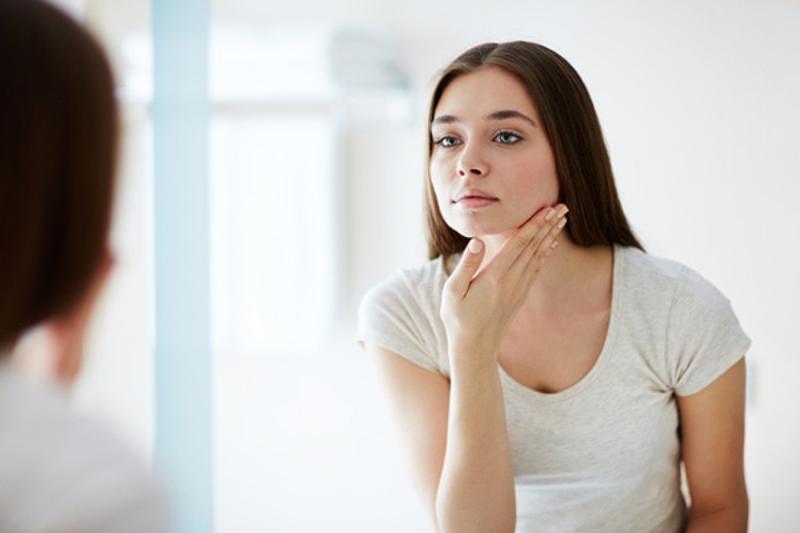Even in your 20s, stress can actually make you feel and look older. It’s not just in your brain. However, current research suggests that these impacts may be limited to days when individuals feel like they don’t have control over their own lives.
According to a 2022 American Psychological Association poll, over 25% of American people say they feel too stressed to function most days. Chronic stress of this kind can have a variety of negative effects on both bodily and mental health, such as diabetes, anxiety, depression, asthma, and heart disease. Stress can also result in obesity, immune system abnormalities, digestive problems, and chronic exhaustion, all of which can make us feel older than we actually are.
“We know from extensive research that stress causes older adults to feel their age or even younger than they actually are,” North Carolina State University psychology professor Shevaun Neupert said in a statement. Additionally, research indicates that feeling older than one’s true age is linked to a number of detrimental health effects in older adults.
“However, there is little research examining this issue in younger adults—people in their teens, 20s and 30s. Having a deeper understanding of this phenomenon across all age groups could help us develop interventions that protect our mental and physical well-being.”
In an investigation that was written up in the journal Mental Health Science, Neupert and associates gathered information from 107 young individuals in the 18–36 age range. For eight days, the participants were observed to ascertain their daily stress levels, how old they felt and looked, and how much control they believed they had over their own lives.
“The key finding was that on days when study participants reported experiencing higher levels of stress than they normally did, they also reported looking and feeling older,” Neupert said. “However, this was only true on days when study participants also reported feeling that they had less control over their lives than they normally did.”
Even though these findings were subjective, earlier studies have demonstrated that our subjective age has a substantial impact on our subjective well-being, cognitive function, and reduction of depressive symptoms. The findings also demonstrate that some of the detrimental effects of daily stressors can be mitigated by feeling in charge of your own life.
“This work may be particularly timely, as stress researchers are seeing an increase in the amount of stress younger adults are experiencing now, when compared to the amount of stress previous generations experienced when they were young,” Neupert said.
“If these young people are already experiencing historically high levels of stress for their age, and that stress is affecting how old they feel, it will be important for us to pay close attention to the markers we use to assess stress-related physical and mental health for this generation.”

 Diabetology2 weeks ago
Diabetology2 weeks ago
 Diabetology2 weeks ago
Diabetology2 weeks ago
 Diabetology1 week ago
Diabetology1 week ago
 Diabetology1 week ago
Diabetology1 week ago
 Diabetology1 week ago
Diabetology1 week ago
 Diabetology2 weeks ago
Diabetology2 weeks ago
 Diabetology1 week ago
Diabetology1 week ago
 Diabetology2 weeks ago
Diabetology2 weeks ago


















